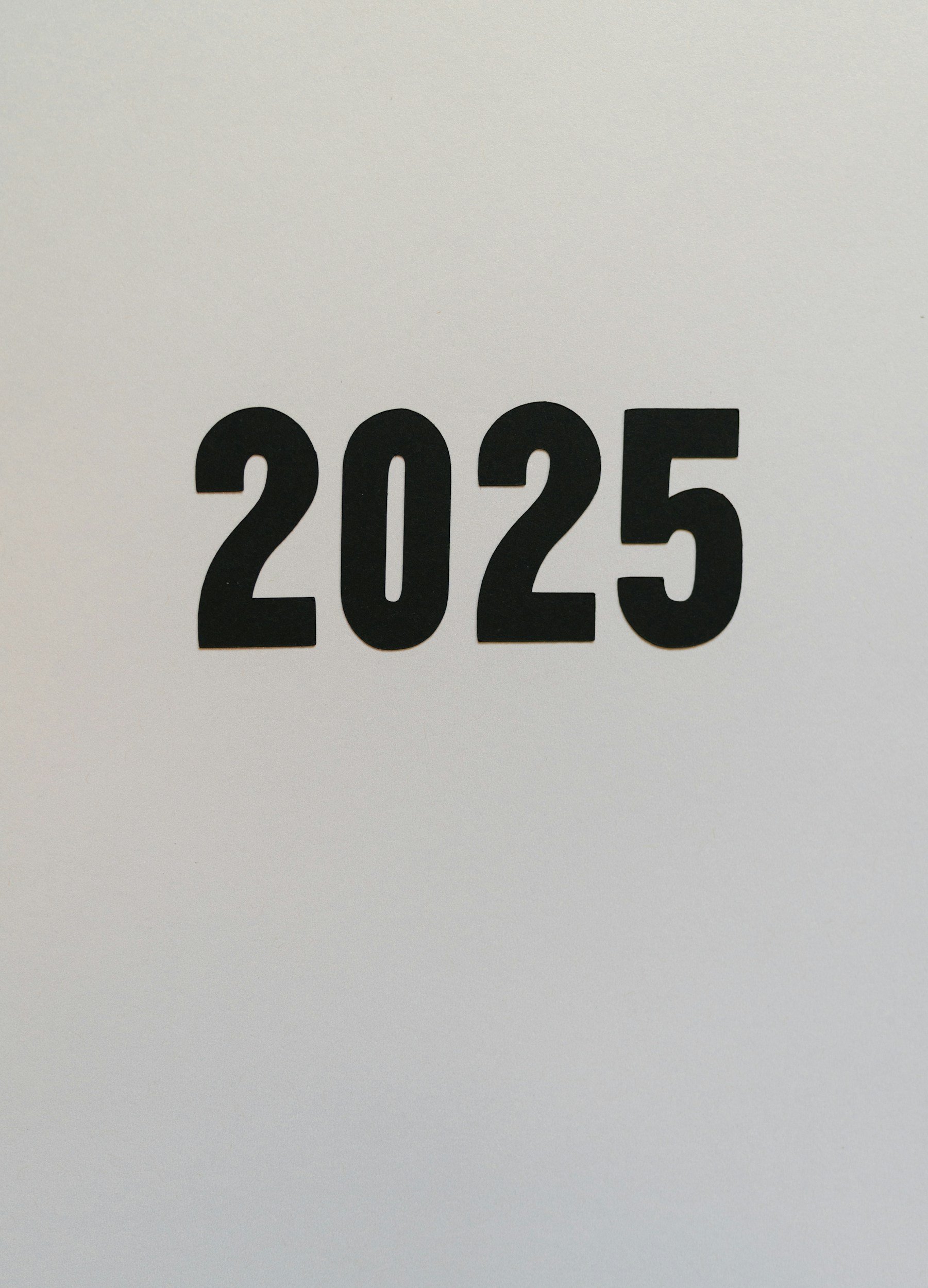All You Need to Know About Afor Market Day in Igbo Calendar
Afor is the 3rd of the 4 key market days that form the foundation of Igbo cosmology and social life. Each Igbo market day carries unique spiritual, cultural, and practical significance, that shapes the life of Igbo communties. Afor is especially connected with the element of earth, symbolizing stability, growth, and the nurturing aspects of the physical world. Let's take a look at what makes Afor an essential day in Igbo calendar.
Element: Earth
Earth is the foundation of life—stable, grounding, and essential for growth. Afor is a day that channels this energy, encouraging activities that involve creation, sustenance, and the accumulation of material wealth. Just as the earth provides nourishment and support, Afor is about building and manifesting physical and spiritual resources in your life. It’s a day that calls for practicality and productivity.
Palm Representation: Ring Finger
In Igbo palmistry, Afor is represented by the ring finger on the palm. This finger symbolizes commitment, responsibility, and a grounded connection to the physical world. It’s fitting that the ring finger, usually associated with bonds and promises, aligns with Afor's steady and stable energy.
Attributes of Afor
Afor carries the attributes of the earth element: stability, growth, manifestation, and abundance. These attributes make Afor an ideal day for focusing on activities that require grounding and focus. Here are some of Afor’s key characteristics:
Stability & Growth: Afor is an excellent day for taking care of tasks that involve long-term planning and stability. Just as the earth takes time to nurture seeds before they grow, Afor encourages us to lay solid foundations for future prosperity.
Material Wealth & Manifestation: This day is aligned with wealth-building, which could mean attending to business matters, closing deals, or working on projects that will bring long-term benefits.
Practical & Physical Work: Afor is a day of action and productivity. Which could involve activities like farming, building, or other hands-on tasks, it’s the perfect time to get things done and manifest tangible results.
Spiritual Forces: Afor is associated with powerful forces of the earth such as Ala (Mother Earth), and her corresponding energies, like deities and spiritual forces that embody the nurturing, grounding, and life-sustaining qualities of the earth.
Significance of Afor
In many Igbo communities, Afor day is particularly favorable for activities related to agriculture, business transactions, and physical labor. It’s a day to focus on practical and material tasks, to make sure that resources are managed wisely and that the foundations for future growth are well-established.
The grounding energy of Afor also makes it a day for reflection on one’s relationship with the earth and the physical world. It is a day to show respect for Ala (the Earth Goddess) and acknowledge her role in sustaining life. People can take time to appreciate the natural world and its abundance.
Farmers in Igbo communities are especially active on Afor day, as it is seen as the most favorable time to engage in agricultural activities (except for towns that may have Afor as their sacred day). This includes planting, harvesting, and preparing the earth for new crops. Afor is a day that connects the people directly to Ala, the source of all life and sustenance.
Names Associated with Afor
As with all market days in the Igbo calendar, children born on Afor day are usually given generic names that reflect the significance of their birth. These names connect them to the energy of the day and the element of earth. Common names include:
Okafor
Nwafor
Mgbafor
Okorafor
These names serve as lifelong reminders of their connection to the earth and the grounding, stable qualities of Afor.
Direction and Color
In Igbo cosmology, Afor is associated with the South direction (Be Afor), symbolizing warmth, growth, and the nurturing aspect of life. The South is a place of stability and abundance, aligning with the earth element’s life-sustaining power.
The primary color for Afor is White (Ocha, Ucha, Ichavaa, Chivaa), which represents purity, peace, and clarity. White also signifies the wisdom and clarity that come with grounding oneself in the earth’s energy. It is a color of renewal and reflection, encouraging us to take stock of what we have and how we can sustain it.
To Sum It Up
Afor is a day that invites us to reconnect with the earth and focus on building stability and wealth in our lives. It is a day of practical tasks, whether that means tending to the land, taking care of business, or completing physical work. Aligning with the energy of Afor can help us cultivate long-term prosperity, to see to it that our efforts are deeply rooted and fruitful.
To make the most of Afor, consider incorporating activities that connect you to the earth, such as gardening, working on a project that requires focus and dedication, or reflecting on your material goals. Take time to honor the earth and all it provides, acknowledge your responsibility to care for it.
In Igbo culture, every day carries a deeper significance, and Afor is no exception. It is a day of growth, stability, and material manifestation, making it one of the most important days for practical and spiritual alignment.
Align with the energy of Afor and let the grounding power of the earth guide your actions. Isee!
Recommended Resources:
Four Igbo Market Days | Oma’s Odinani Mystery School (YouTube)
Diverse Ways To Activate Your Element To Become Active | Dibia Nwangwu Uchendu (Blog)
The Magic of Eke, Orie, Afo, and Nkwo | Ugoebenaja (YouTube)
Mystery of the Four Market Days Explained - Why is The Sacred Igbo Calendar is More than a Calendar | Medicine Shell (YouTube)














